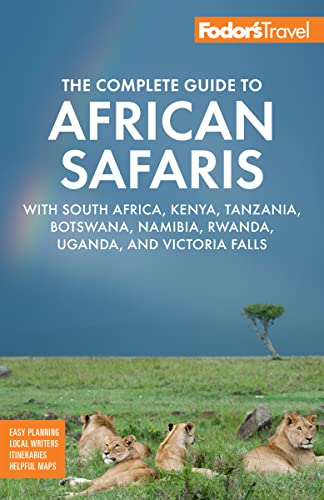Kigali is a fascinating example of a future-focused African city. Once the wasteland of civil war and genocide, Rwanda's capital has transformed itself into a model of urban development. In the two decades after the genocide, exiles have flocked to the city flush with education, investment dollars, and entrepreneurial ideas. Foreigners have jumped in the mix, opening sushi joints, yoga studios, bakeries, artisan coffee shops, and even a co-working space for start-ups. The nightlife is also picking up, and you'll find dance clubs, sports bars, and live music.
With a population of approximately 1 million people, the city is the commercial and governmental hub for the rest of the country. Its trash-free boulevards, smooth roads, LED streetlights, and meticulously manicured medians are a closer approximation of Europe than East Africa. It's an image the country is keen to expand. Construction on an ultramodern convention center and adjoining IT complex is currently underway, and a slick new master plan calls for an overhaul of the business district and more urban housing.
Even without gleaming new buildings, the city is something to behold. The undulating skyline of red-roofed houses, terraced farm plots, and brilliant green foliage is stunning. Kigali is also safe: violent crime is rare, particularly against foreigners, and police do their job, including handing out speeding tickets. You'll rarely find yourself hassled, and negotiating traffic will be your biggest obstacle. Some expatriates say that they feel safer raising their kids in Kigali than in U.S. cities.




